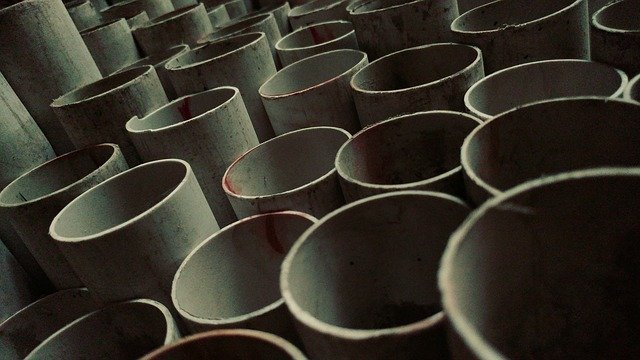It is common for plumbing problems often occur right after you buy your home. These problems typically occur in the kitchen or bathroom. Every homeowner will have to deal with a plumbing issues. This advice for dealing with a wide variety of plumbing problems as painless as possible.
If your pipes are making a racket, there is a simple way to quiet them down. If pipes are exposed, you must anchor them. You may need the assistance of a professional in the case that the pipes are contained within a floor or ceiling.
To prevent pipes from freezing, insulate all exterior pipes and be sure to keep your interior house temperature above freezing, and insulate external pipes. Your pipes can freeze if the air around them fall below freezing. It may take some time to thaw out so that you can have running water. However, your pipes can explode, causing damage to your home and a hefty repair bill.
If your pipes freeze, turn on the water from the faucet nearest them to let water out when they start to thaw. This can prevent damage to your house because it lets the pressure that is in the pipe out, and keeps it from bursting.
Pump out your septic tank every five years to keep it working well. Although it is somewhat of an expense to pump out a septic tank, it will cost a lot more having to clean sewage backup or having to fix or replace a septic tank.
To keep your septic tank in good working order, it is advisable to have it pumped out every five years. This prevents sediment from building up in the tank and causing a backup into your home or causing the failure of the septic system itself. If the cost of pumping your septic tank seems a bit steep, remember that the cost of cleanup and repair of a failed septic system will be much higher.
Avoid placing fat, grease, and grease in your drain. This is especially damaging to garbage disposals because the fat can make the blades turn more slowly and less freely. Make sure you dispose of all oils away from the sink.
It is important that you do not pay a plumber in full, until all of the work is complete and satisfactory. There might be a down payment required, but you do not give him the total cost before he is finished. You want to make sure that the plumber completed everything that they said they would before they get your money.
If your home runs on well water and you notice any orange or pink stains in your fixtures or tub, this is no doubt due to iron in the water. This is fixed by using water softener, which you can buy at a store, or have a company come out to your house and take care of it for you.
Avoid placing fat, grease, and other oils into your drain. These substances will harden as soon as they cool down, and clog your drains. This is especially the case if you possess a garbage disposal; fats and oils cause blades to run less efficiently and slow. Dump your oil outside or in a container that you throw out with the regular trash.
Schedule all your issues in one single visit. You may want to have each minor problem attended to as the occur, but kicking the can on some issues until you have a list means you can save a few bucks. Most plumbers charge an hourly rate and a flat rate for the trip: asking a plumber to fix multiple problems in one trip is cheaper than calling them more than once.
Schedule your plumbing work simultaneously. It might be tempting to hire a plumber for every little problem, but if you can save it up for one big fix, then you have time to set money aside for these repairs. You can save money by only paying a single service call fee instead of ending up with multiple hours being billed from multiple visits.
Being caught completely unprepared for plumbing dramas is the last thing you should do. As a homeowner you will need to have some basic plumbing tools, as well as the knowledge to be able to use them. The tips you learned here will assist you in dealing with whatever plumbing problems you encounter in the future.
To save a significant amount of cash on your energy bill, install energy-efficient shower heads in all of your showers. Most of the hot water used in the home is used while showering. By installing energy-efficient shower heads for a few extra dollars, you can save up to $100 or more a year per shower head in your house.

